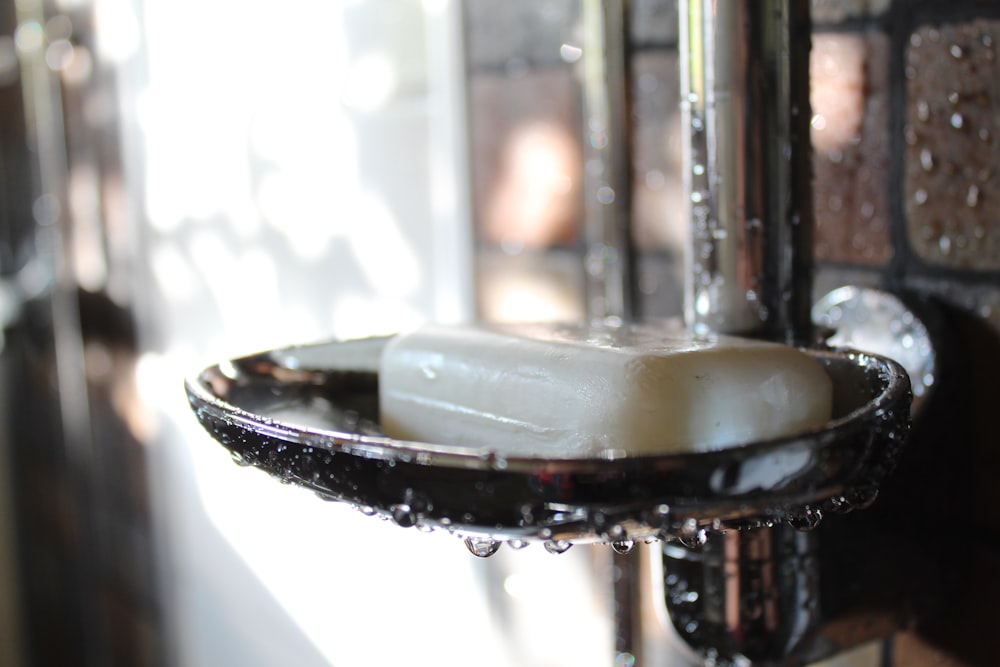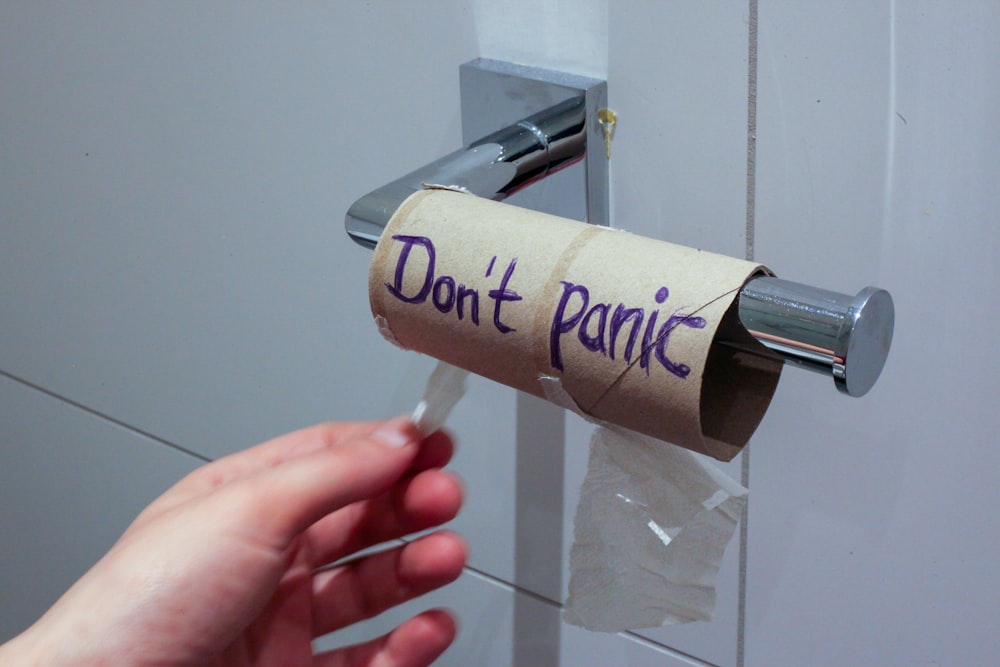09- Tips for Genital Hygiene
Having good genital hygiene habits is essential to prevent infection. It can also prevent other problems such as irritation and odor.
Here are some tips for sanitary hygiene. Genital hygiene is very important as it helps maintain the health of these areas. Proper genital hygiene practices can help prevent infections and illnesses that affect women in particular.
But the extreme method never helps. Hygiene cannot be neglected, but it should not be obsessed. In fact, both cases can have bad consequences for private parts of the body.
In this article, I would like to tell you what you should and should not do in your personal hygiene and everyday life. This will help prevent disease or annoying infections.
Best tips for genital hygiene
1. Use the right soap for genital hygiene
Tips for genital hygieneIt is recommended to use a neutral soap-free of parabens when washing the genital area. This is because the use of very strong soap can change the natural acidity of the genital area and cause infection. So, you can use regular soap for the rest of your body but avoid the genital area.
Soaps for female genital hygiene are on the market these days, so I recommend choosing one. These products are milder to the skin and also help remove odors.
Read more: Make natural soaps by skin type at home
2. One wash is enough
 The genital area is sufficient to maintain cleanliness and eliminate bacteria even once a day. Don't forget that overwashing can change your pH, making you more vulnerable to bacteria and fungi.
The genital area is sufficient to maintain cleanliness and eliminate bacteria even once a day. Don't forget that overwashing can change your pH, making you more vulnerable to bacteria and fungi.If you are active in sex, it is recommended to wash this area before and after having sex. During sex, you can easily contact bacteria. Therefore, you should wash your body as soon as possible to prevent urinary tract infections.
3. Don't wear tight clothes
Clothing that sticks to the genital area can cause irritation. Continuous friction can make you feel uncomfortable and sweat more. This can lead to bacteria and odors. This is usually a problem when wearing tight jeans.
If clothes are tightly attached to the body and friction occurs on the skin, friction burns or minor injuries can occur and cause infection. Women's vulva is usually full of bacteria, but constant friction and humidity increase the risk of developing an infection.
4. Do not wash the contraceptive vagina
Contraceptive vaginal washing is often not good for women's health. These products should only be used when prescribed by a doctor.Contraceptive vaginal cleansing should be avoided as it can change the vaginal flora and increase the risk of infection. The genital area is very fragile and has a specific pH level. Don't forget that all products used in these areas can change your pH levels.
5. Use tissue paper in the right direction
After toileting, do you use tissue from back to front? Or do you wipe from front to back? Women should use tissue paper from front to back. Otherwise, bacteria in the anus are brought into the urinary tract.
This can usually lead to infections such as cystitis caused by E. coli bacteria in the gastrointestinal tract. If complications occur with these infections, the bacteria can go up to the kidneys. Therefore, it is important to prevent problems through good genital hygiene.
6. Take good care of genital hygiene during menstruation
This may sound obvious, but you need to pay extra attention to genital hygiene during menstruation. In addition to managing the odor that usually accompanies menstruation, it keeps in mind that the acidity decreases. Low acidity is an ideal scenario for infection.
As mentioned above, it is not necessary to wash the genital area several times a day. However, the sanitary napkin or tampon must be replaced every 4 to 6 hours.
7. Do not wash with sponge
Do not rub the vulva with a sponge. The sponge is packed with bacteria and must be avoided. In addition, the skin in this area is very sensitive, so rubbing it hard can cause irritation. This can lead to future infections.
It is recommended to wash the genital area with clean hands. Be careful not to wash your fingernails with nails, as they can cause wounds and infections.
8. Be very careful when applying hair
Best genital hygiene tips
When hair removal, be careful not to hurt. Open wounds cause bacteria and infections. When waxing directly or using other methods, care should be taken not to cause irritation.
It is also recommended that you do not completely remove the pubic hair. In fact, the pubic hair protects the genitals from many bacteria, so without these hairs increases the risk of developing an infection.
9. Wear cotton underwear
Have you noticed an unpleasant smell from the genital area? This may be due to wearing underwear made of non-nylon or cotton material. The key to preventing odor is not to create a moist environment.
If you follow the simple hygiene tips introduced above, you will see immediate results. You can also feel more refreshed, feel healthier and smell better. Be sure to pay special attention to genital hygiene, as this can prevent infection.















Post a Comment